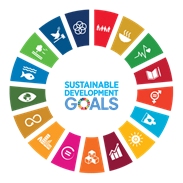
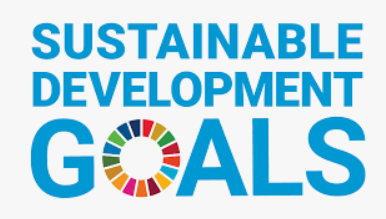
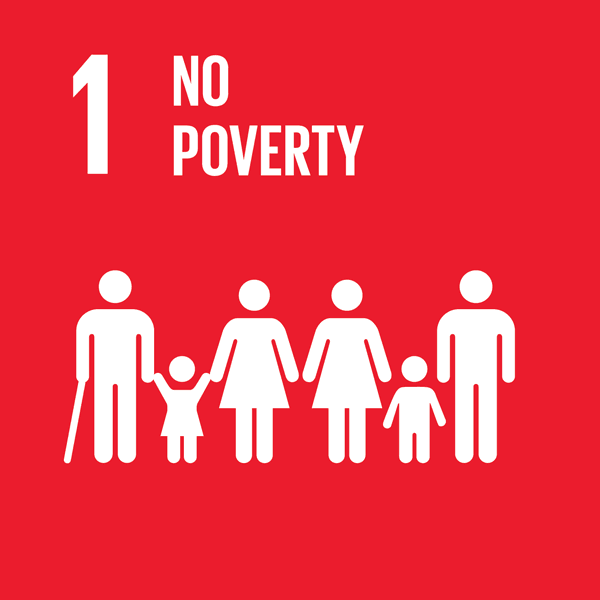
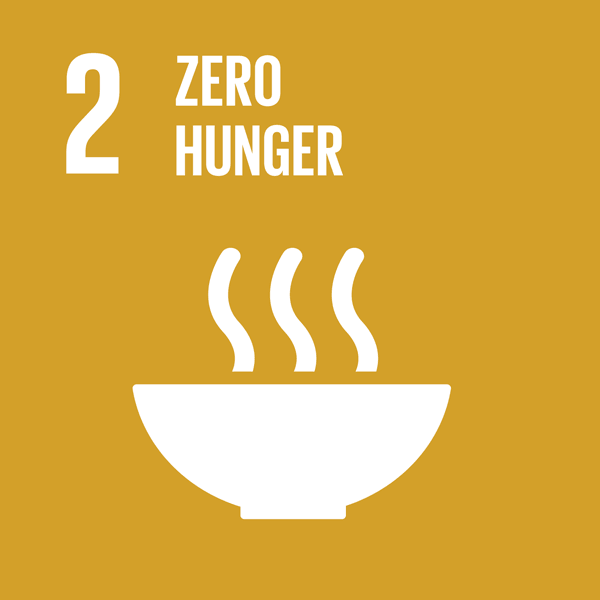
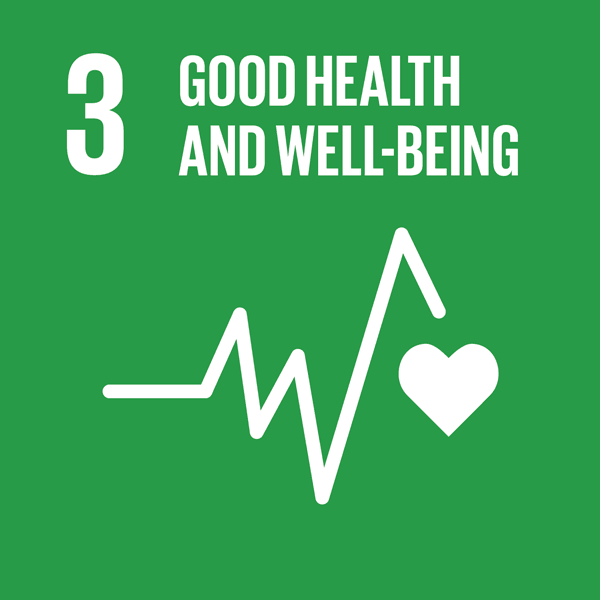
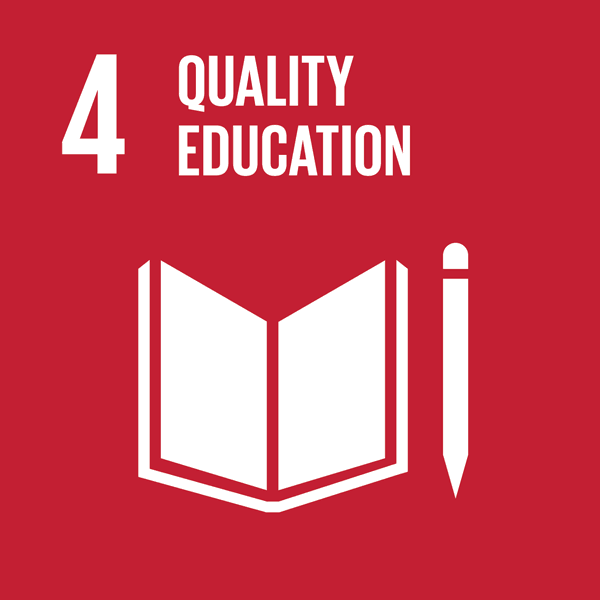
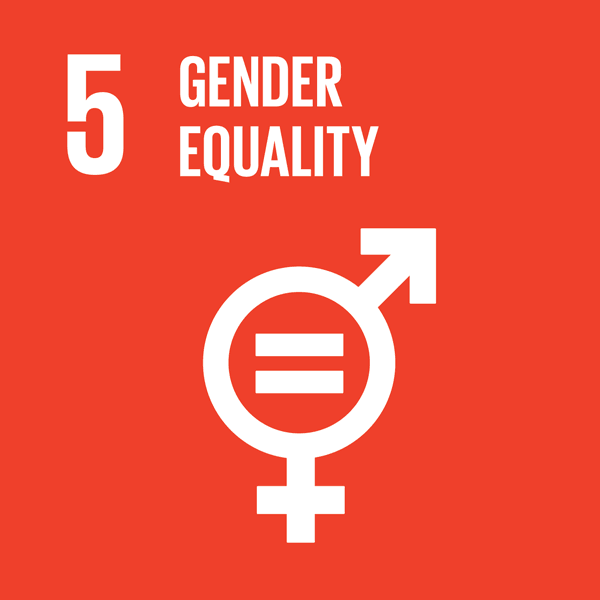
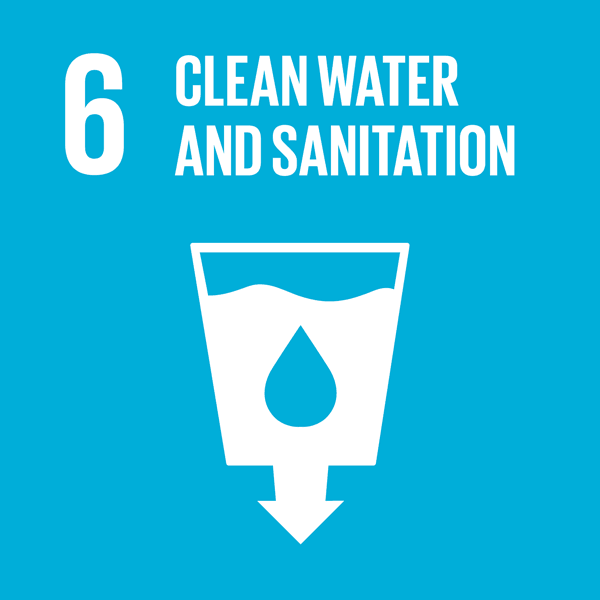
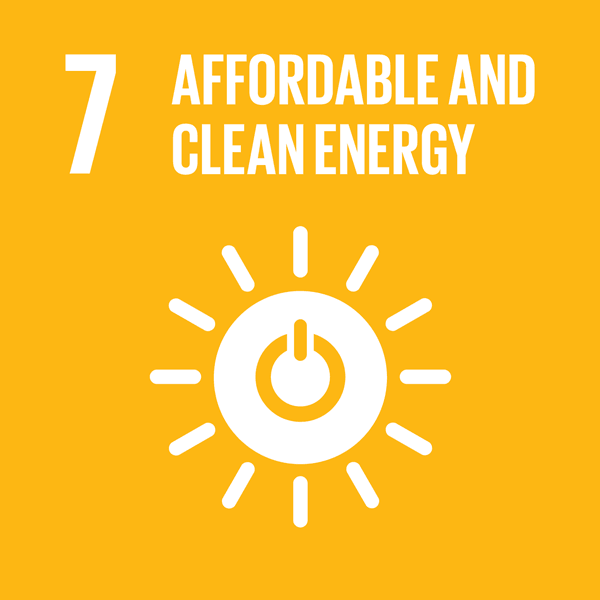
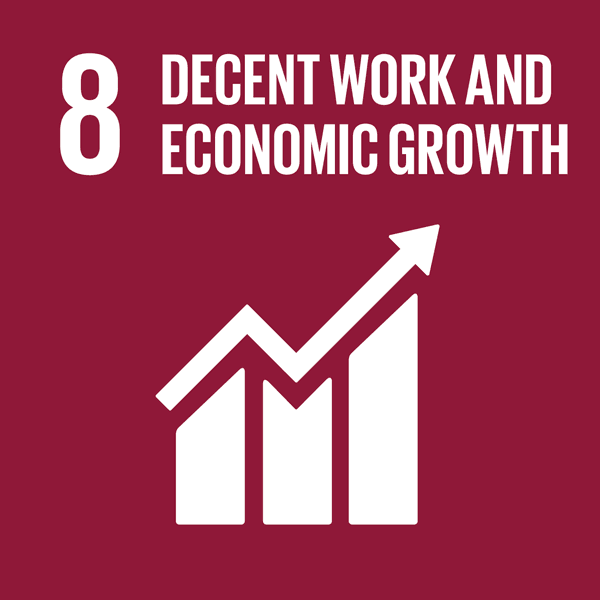
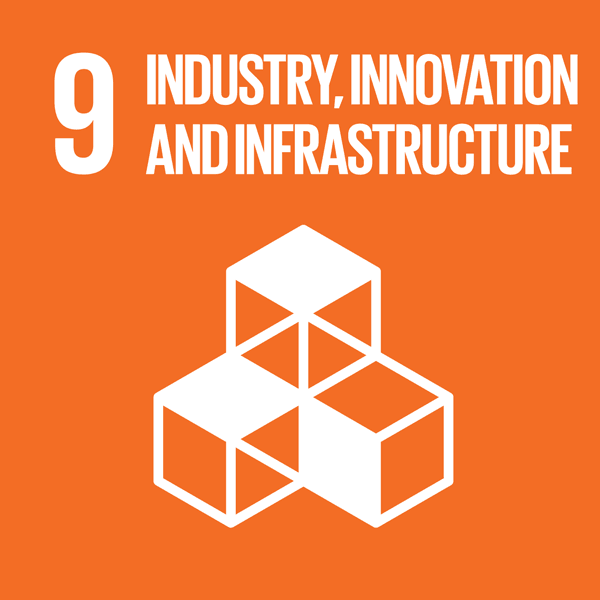










End poverty in all its forms everywhere

End hunger, achieve food security and improved nutrition and promote sustainable agriculture

Ensure healthy lives and promote well-being for all at all ages

Ensure inclusive and equitable quality education and promote lifelong learning opportunities for all

Achieve gender equality and empower all women and girls

Ensure availability and sustainable management of water and sanitation for all

Ensure access to affordable, reliable, sustainable and modern energy for all

Promote inclusive and sustainable economic growth, employment and decent work for all

Build resilient infrastructure, promote sustainable industrialization and foster innovation

Build resilient infrastructure, promote sustainable industrialization and foster innovation

Make cities inclusive, safe, resilient and sustainable

Ensure sustainable consumption and production patterns

Take urgent action to combat climate change and its impact

Conserve and sustainably use the oceans, seas and marine resources

Protect, restore and promote sustainable use of terrestrial ecosystems, sustainably manage forests, combat desertification, and halt and reverse land degradation and halt biodiversity loss

Promote peaceful and inclusive societies for sustainable development, provide access to justice for all and build effective, accountable and inclusive institutions at all levels

Strengthen the means of implementation and revitalize the Global Partnership for Sustainable Development
The 2030 Agenda for Sustainable Development, adopted by the United Nations in 2015, provides a shared blueprint for peace and prosperity for people and the planet.
At its heart are the 17 Sustainable Development Goals (SDGs). which are an urgent call for action for a global partnership to address social imbalances, develop a sustainable economy, and fight against climate change.
The UN SDG represent a historic opportunity to make real change. But to be achieved, they require the cooperation of all stakeholders, private and public, and the use of all available tools.
“CEN and CENELEC are committed to leveraging the power of European standards to address global challenges. We are looking forward to collaborating with all economic and social stakeholders and pooling their expertise and skills, in order to make sustainable development a reality for everyone!”
Translating ambitions into concrete actions is not easy. In this context, voluntary, consensus-based standards have a big role to play.
Standards offer shared and clear rules of behaviour, and therefore facilitate the dissemination of best practices and the circulation of innovations.
CEN and CENELEC develop European Standards that contribute to the three pillars of economic, environmental, and societal sustainability and provide long-term solutions to achieve the SDGs. Concretely, they can serve many uses: for example, they can support companies whose sustainability reporting must comply with the EU Corporate Sustainability Reporting Directive (EC proposal COM(2021) 189) to identify the correct European standards which, when applied, can help in that reporting task. In the framework of the twin digital and green transition for Europe, we are fully committed to the global implementation of the SDG. This is why it is indicated as a priority by the CEN and CENELEC Strategy 2030.
Standards have huge potential for achieving a sustainable future.
CEN and CENELEC have started mapping the standards that make the most significant contribution to the SDGs in the European context (building on the work at the international level already done by ISO and IEC). This has been envisioned as a tool to raise awareness among the European standardization community on SDGs and on the value of European Standards in support of the EU strategy to build resilience, as we embark on the twin green and digital transitions. On the long term, this interactive mapping aims to reinforce, but also to move beyond, the more obvious links between the SDG and standards to explore new opportunities and strengthen synergies between stakeholders.
With the mapping, you can explore each SDG individually to see which standards contribute to each of the SDGs. With the filter functionality, you can quickly search for individual standards, which CEN and CENELEC Technical Committees developed them, and find out more on their work. This mapping tool should be considered a living exercise. The list will continue to grow and evolve as new projects and fields of work are added. This will also be enriched in the future with examples of concrete projects and news that you can discover on our dedicated new activities and stories webpage.